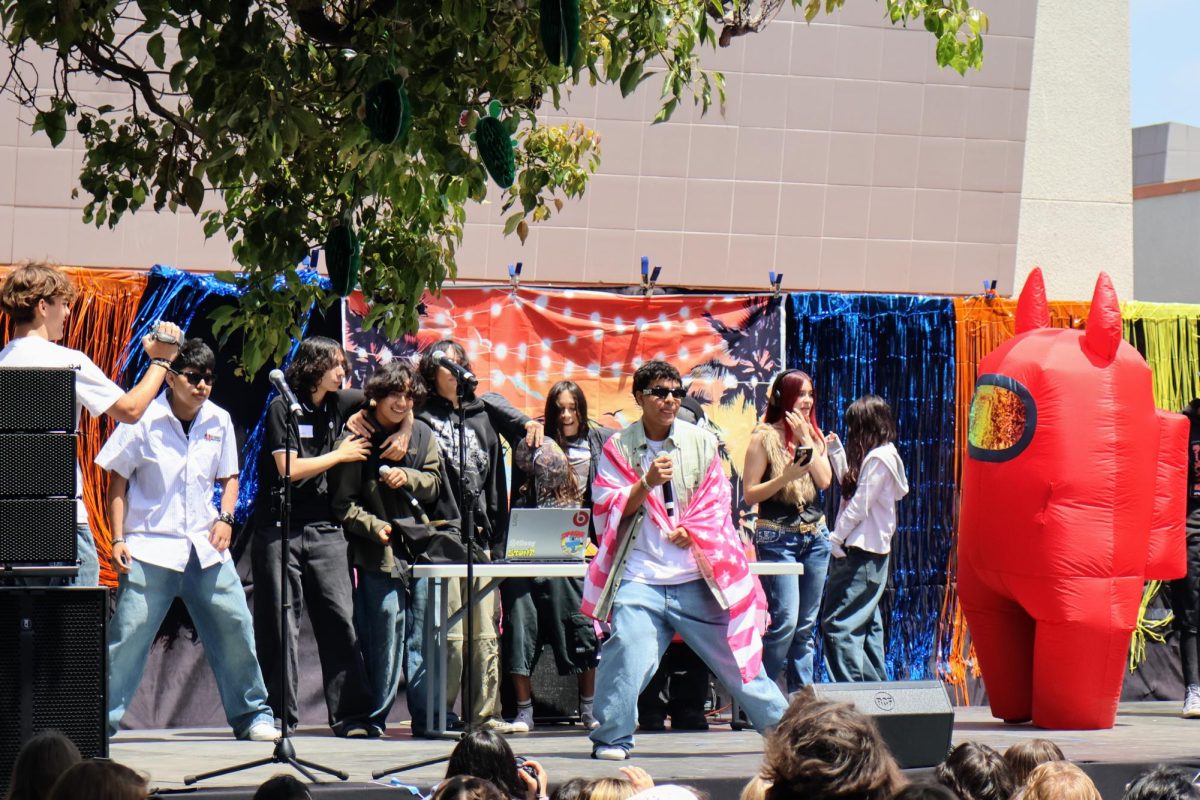Sophomore Hannah Wagar’s bright eyes seemed to cloud with regret as she thought about the Instagram comment she posted ten months ago.
“I didn’t think of the consequences while writing it but then thinking about it after a while I realized that that wasn’t the best decision,” Wagar said.Wagar didn’t intend her post, which was interpreted by some as an inappropriate slur, but it quickly received many negative reactions from her peers.
Wagar is not the only American teenager to have posted something online that she regrets. According to a study by the Pew Research Center, 19 percent of teens have posted updates, comments, photos, or videos that they later regretted sharing and 59 percent have deleted or edited something that they posted in the past.
California legislators are now stepping in to protect minors by implementing SB 568, more commonly referred to as ‘the eraser bill’.
This new law will mandate online sites to allow Californian minors to delete their posts, pictures, comments, and rants.
Governor Jerry Brown officially signed the bill on September 23 and it will go into effect on January 1, 2015.
The most popular social media sites such as Facebook, Twitter, and Instagram already give the option for people to delete their own posts but the eraser bill will grant this freedom to teens on all websites.
Critics and worried parents, however, are quickly finding flaws in the bill. They point out that a ‘deleted’ post still remains on the server of the site and if the post was shared by others, it cannot be deleted from there either.
“It may be deleted on your screen but it’s still stored somewhere out there,” says multimedia specialist Linda Kapala.
Junior Claire Stockdill feels that the lawmakers have good intentions, but that the bill may have unintended repercussions.
“It’s going in the right direction but it’ll make people less careful,” she said.
Education in the Digital Age teacher Kristen Pelfrey said that at the end of the day, everyone should think twice before posting.
“‘Pause before you post’ . . .that’s the most important thing. The law doesn’t have any teeth because once that post goes digital, they leave a footprint. If somebody copied and pasted it, if somebody retweeted it, that dog done barked,” she said.
Photo illustration: Aysen Tan/The Foothill Dragon Press








